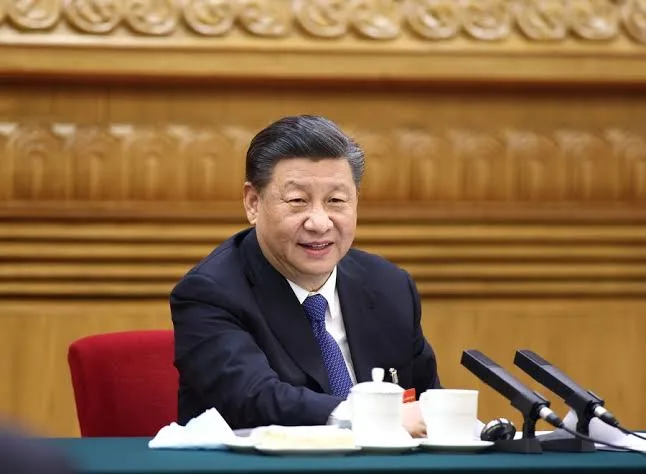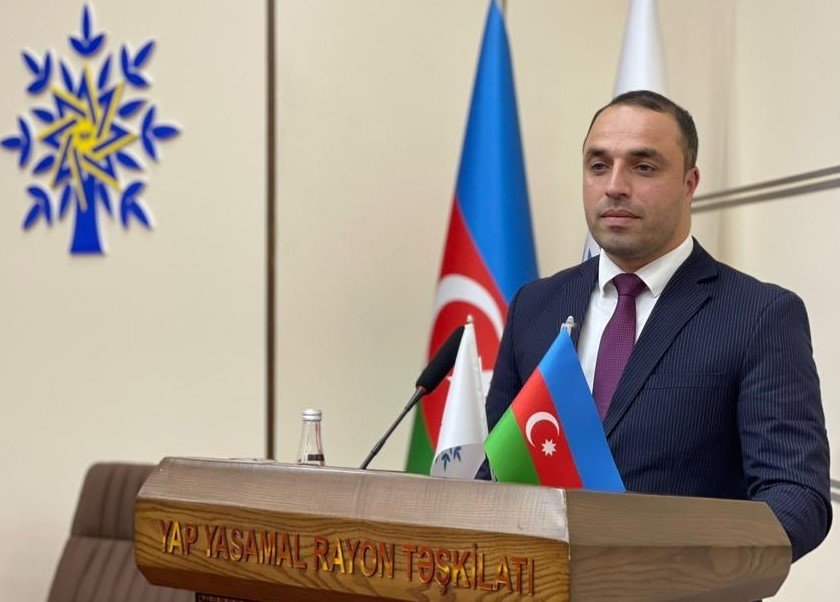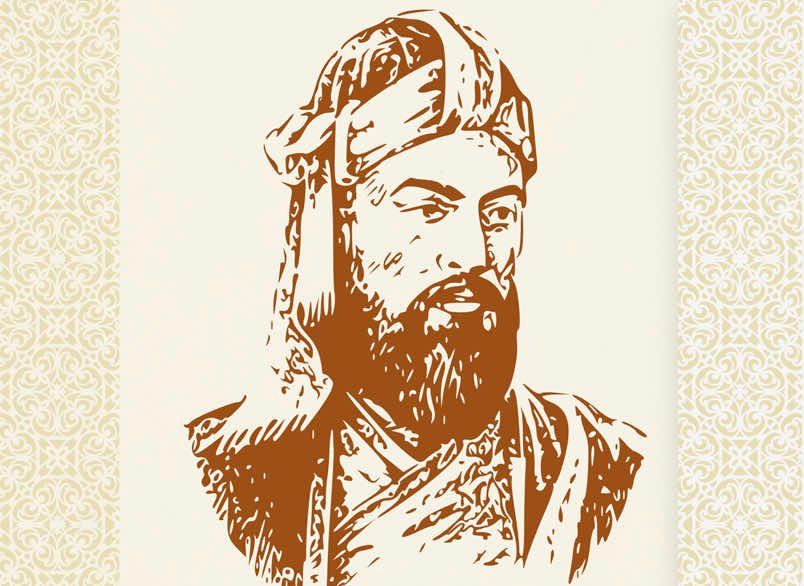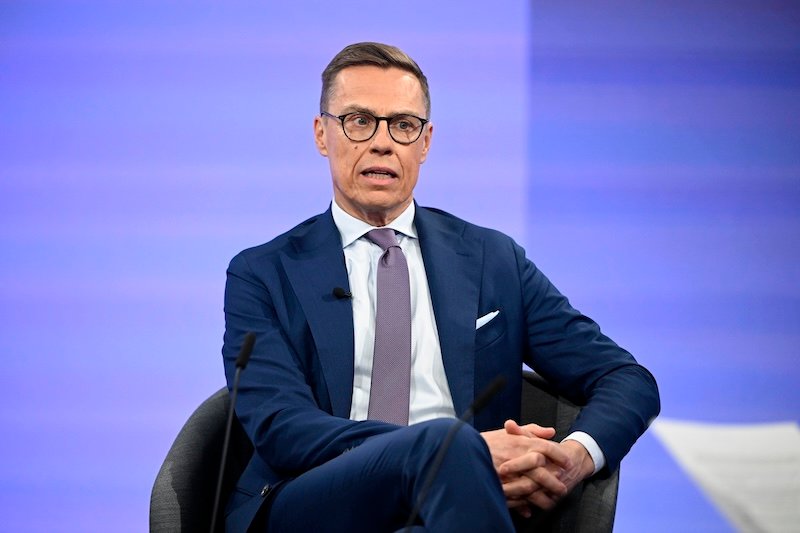Chinese President Xi Jinping has recently delivered crucial insights into China’s trajectory for high-quality development during this year’s “two sessions,” a pivotal political event. As the world’s second-largest economy aims to fulfill objectives outlined in the 14th Five-Year Plan (2021-2025), Xi’s remarks shed light on critical areas such as new quality productive forces, deepening overall reform, environmental protection, common prosperity, and coordinated regional development. My analysis explores the key messages, policies, and strategies articulated by President Xi during these deliberations.
Xi Jinping places a significant emphasis on developing new quality productive forces to foster innovation and drive high-quality development. This concept, introduced in 2023, promotes advanced productivity, free from traditional growth models, and aligns with the new development philosophy. Xi highlights the importance of local adaptation, ensuring that the development of new forces complements traditional industries. The call for preventing industry bubbles and advocating for diversified development models emphasizes a balanced and sustainable growth approach.
Furthermore, Xi underscores the role of craftsmanship in achieving milestones such as global leadership in automobile production and advanced transportation systems. His emphasis on enhancing vocational education and cultivating a culture of meticulous craftsmanship highlights the significance of skilled labor in driving technological advancements and economic progress.
Deepening Overall Reform
Reform remains a central theme in China’s development strategy, with President Xi stressing the necessity of major measures to deepen reforms on all fronts. The focus is on accelerating the improvement of basic systems supporting the market economy, such as property rights protection, market access, fair competition, and social credit. Xi highlights the importance of consolidating and developing both the public and non-public sectors, fostering a world-class business environment, and removing barriers obstructing new quality productive forces.
Reforms in science, technology, education, and professional personnel are deemed essential, aligning with the broader goal of creating a market-oriented, law-based, and internationalized business environment to boost China’s open economy.
Environmental Protection and Common Prosperity
Xi Jinping reiterates the CPC Central Committee’s commitment to environmental protection, emphasizing the need to secure red lines in territorial space development and protect the ecological foundations of high-quality development. China’s targets for reducing energy consumption per unit of GDP and achieving carbon neutrality underscore its commitment to green and sustainable practices. Xi stresses the importance of targeted, science-based, and lawful pollution control, emphasizing the need for green and low-carbon transitions in economic and social development.
Pursuing common prosperity is highlighted by Xi Jinping as a crucial aspect of Chinese modernization. Examples like Yonglian Village showcase successful rural revitalization and common prosperity achieved through township enterprises. Xi encourages such initiatives and praises Yonglian Village as a pioneer, urging continuous efforts to promote common prosperity.
Coordinated Regional Development
Xi Jinping emphasizes the significance of coordinated regional development strategies in fostering a new development paradigm and promoting high-quality development. Specific examples include the Beijing-Tianjin-Hebei region, the Yangtze River Delta, and the Guangdong-Hong Kong-Macao Greater Bay Area. Xi calls for the integration of economically developed provinces like Jiangsu into broader regional development strategies, leveraging their strengths to contribute to the development of the entire region and the nation.
Conclusion
So in my conclusion President Xi Jinping’s articulation of China’s development vision during the “two sessions” reflects a commitment to innovation, reform, environmental sustainability, common prosperity, and coordinated regional development. As the nation navigates the challenges and opportunities of the 14th Five-Year Plan, Xi’s comprehensive approach underscores the importance of balanced, sustainable, and high-quality development for the world’s second-largest economy.

Mr. Muhammad Ali Pasha is an analyst and expert on Central Asia, South East Asia, China, Türkiye and Middle East having experience in the field of article writing in various renowned journals and newspapers across the globe. Furthermore, he is a writer and poet.
Owner and Patron-In-Chief of “The Gulf Observer”, Chairman “The Gulf Observer Research Forum”, Foreign Affairs Expert, Analyst, Writer and Poet.












